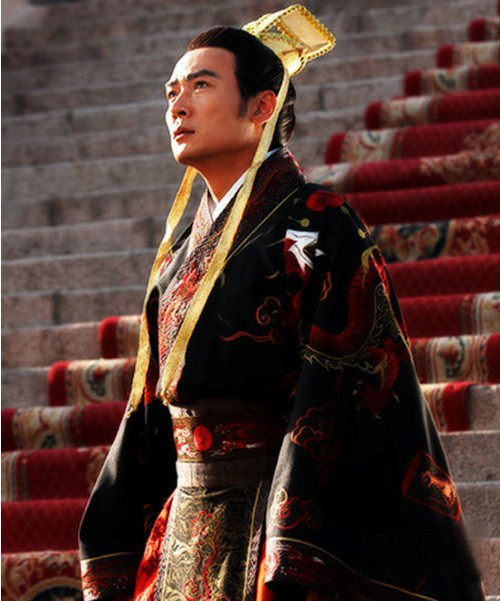The most tragic profession in China - the emperor, with an average life span of only 39 years old.
"Fortune harbors misfortune, and misfortune leans on fortune." On the surface, Chinese emperors had immense power and were highly honored, but in reality, they were one of the most unfortunate groups of people in Chinese history.
Firstly, among all social classes in China, emperors had the shortest average lifespan and the worst health conditions. Someone conducted a statistical analysis showing that there were 209 emperors throughout history whose exact birth and death years are known. The average lifespan of these 209 emperors was merely a little over 39 years.
Some people argue that the average life expectancy in ancient China was only about 35 years, so the average lifespan of emperors wasn't particularly low. However, this 35-year figure includes a large number of infant deaths; in fact, the low average life expectancy in ancient times was mainly due to the extremely high infant mortality rate. If we exclude this factor, demographers estimate that the average life expectancy for the general population in ancient China could reach 57 years. It's well-known that those who die shortly after birth cannot become emperors. Therefore, subtracting 39 from 57, the average life expectancy of Chinese emperors was 18 years shorter than that of ordinary people.
